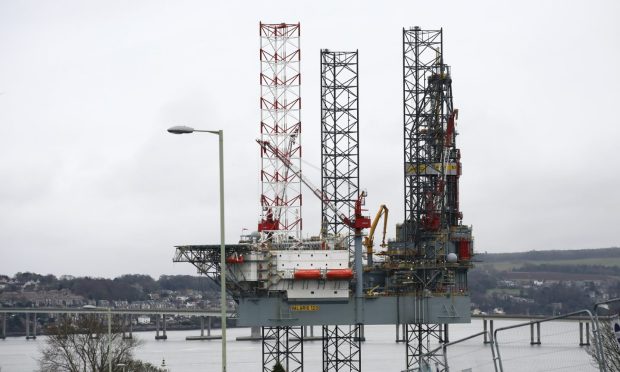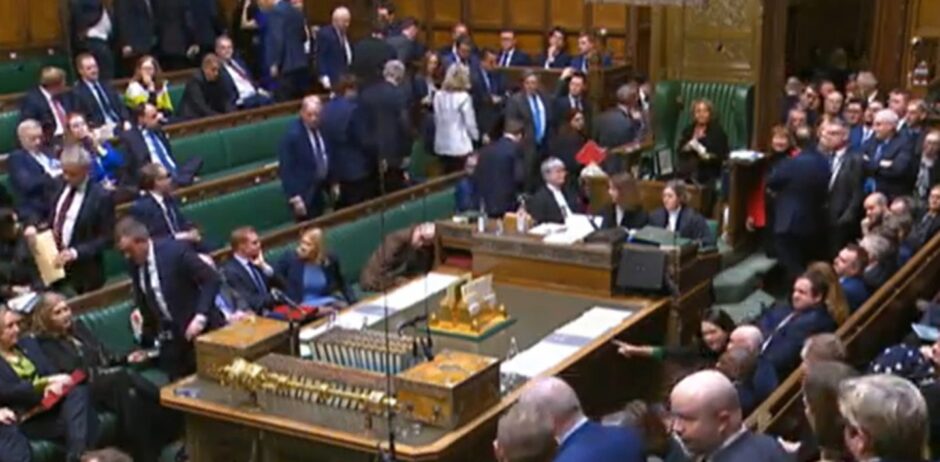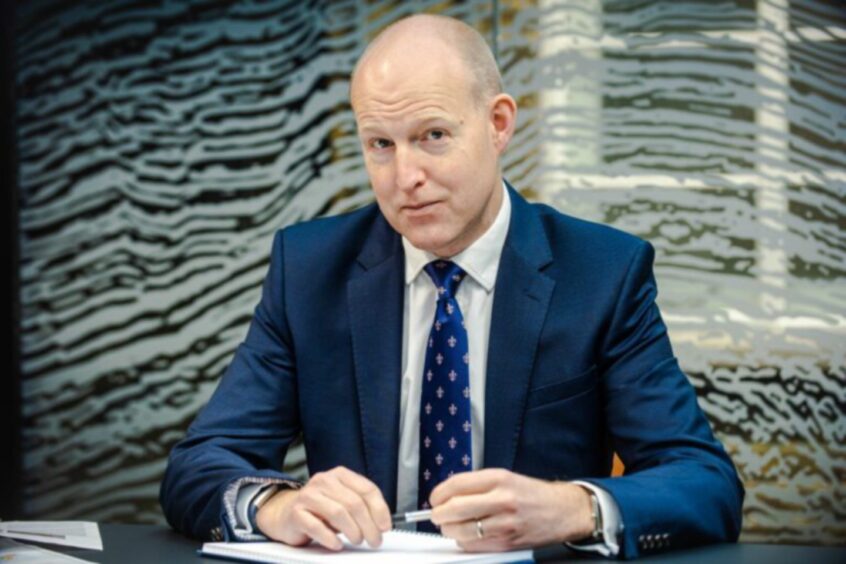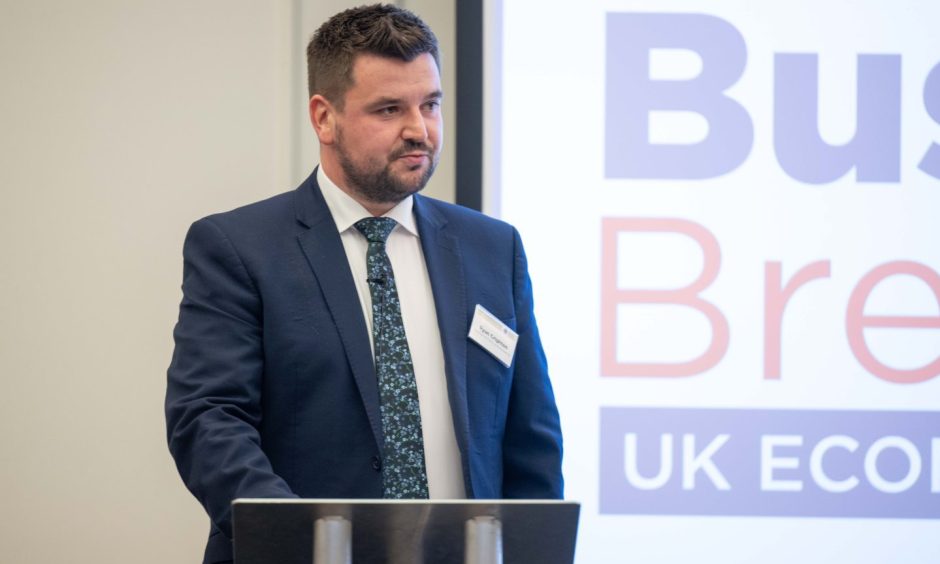Oil and gas firm Deltic Energy has warned policy uncertainties may force it to withdraw from one of the largest discoveries in the UK North Sea in decades.
Shares in the firm nearly halved in value today, plunging by 47.01% to 20.4p, after it revealed time is running out on its efforts to secure a new partner and/or funding.
Failure could put development of the promising Pensacola find in doubt if existing partners in the asset are unwilling or unable to pick up the extra tab for project costs.
What’s at stake?
Pensacola, in the southern North Sea, is believed to contain 326 million barrels of oil equivalent on a P50 basis, where there is a 50% chance recovery will match or exceed the estimate.
Deltic owns 30% of the Shell-operated oil and gas asset. Shell and One-Dyas have 65% and 5% respectively.
‘Continual tinkering’ with windfall tax damaging North Sea investment
Alternative Investment Market-listed Deltic hopes to “farm out” part of its share,.
The firm is also trying to attract new funding to reduce its costs.
And it hopes to find a way forward on either of these strategies by the end of May.
Deltic said feedback from its farm-out process showed “continual tinkering” with the controversial energy profits levy, or windfall tax, and “resultant fiscal uncertainty created by the current government” was having a negative impact on firms’ willingness to invest in the North Sea.
And it attacked “recent rhetoric emanating from the Labour Party”, which has warned it will extend the duration of the levy by another year if it wins the next general-election.
‘Hostile’ political environment
These policies are diverting capital away from the UK North Sea and delaying investment decisions, especially with respect to “new large-scale opportunities like Pensacola”, Deltic said.
The firm added: “Against this hostile political environment, and despite the company’s best efforts, Deltic has not yet been able to secure a farm-out partner for Pensacola.
“Although there are a number of live discussions with respect to a way forward on Pensacola, there is a risk that a farm-out may not be secured before the end of May.
Pensacola an ‘excellent’ opportunity
“We remain of the view that Pensacola represents an excellent value-driven opportunity for the right partner and would be willing to engage with any additional potential partners. ”
Deltic chief executive Graham Swindells said the struggle to find a way forward on projects like Pensacola – one of the largest discoveries in the North Sea in recent decades – was “a real-world consequence of our political leadership using the nationally important oil and gas industry as a political football at a time when energy security is of paramount importance”.
He added: “Given the impact of fiscal and political uncertainty on investment decisions, we have seen a shift away from investment in larger standalone projects, like Pensacola, towards more affordable, lower risk opportunities.
“We will continue to pursue all avenues to progress Pensacola and update the market in due course.”
Deltic said operational planning for the Pensacola appraisal well was progressing according to plan.
A final geotechnical site survey is due to take place between now and the end of June.
And a heavy duty jack-up rig, Valaris 123, is expected to start drilling later this year.
Next stop: the Southern North Sea.
The @ValarisLimited 123 jack-up rig has set sail from Dundee and arrived at Ithaca Energy's Erskine field. Next it will be heading to drill Selene and Pensacola.
We look forward to drilling Selene and Pensacola wells back-to-back in 2024.
— Deltic Energy (@DelticEnergy) April 25, 2024
But Deltic fears the “difficult state of UK equity markets”, as well as the impact of the political and fiscal regime on exploration and production company valuations and investor sentiment may thwart its plans.
It added: “Alongside its ongoing farm out process, Deltic will continue to consider alternative sources of capital and non-traditional funding structures to mitigate costs and/or secure its equity position in the Pensacola well.
“However, there is no guarantee that such capital will be available or available on acceptable terms.
Deltic Energy’s withdrawal scenario
“If an industry and/or funding solution is not in place by the end of May 2024, being the point at which Deltic will be required to demonstrate its capacity to fund its share of costs, Deltic will be required to take steps to ensure the company is not exposed to further expenditure on the Pensacola well if there is no reasonable expectation the company will be able to meet those additional liabilities which will be incurred going forward.
Deltic said it would then be forced to withdraw from Pensacola and transfer its interest in the asset to the joint venture partners.
North-east business chief says ‘enough is enough’
Aberdeen and Grampian Chamber of Commerce policy director Ryan Crighton said: “This announcement should be deeply troubling to both those in power, and to those who seek to win power.
“Despite repeated warnings about the damage a windfall tax would cause, the UK Government, cheered on by the opposition, chose to take a gamble on the North Sea.
“The price already being paid is jobs, investment and, ultimately, our energy security.
“Enough is enough.
“The chancellor must now wake-up and recognise the corrosive impact the levy has had and scrap this job-destroying tax before it is too late.”





Conversation